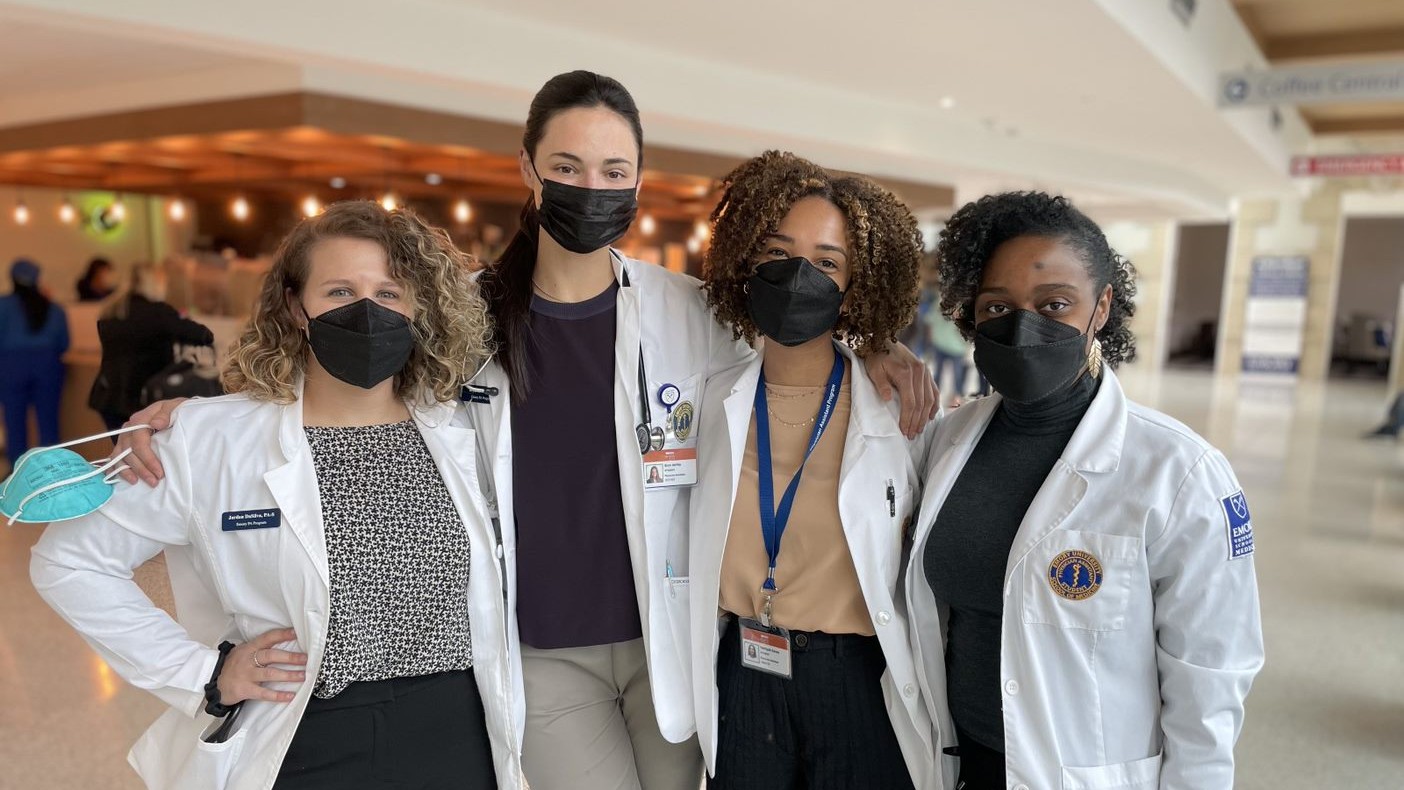Physician Assistants are health care professionals licensed, or in the case of those employed by the federal government, credentialed to practice team-based medicine. As part of their comprehensive responsibilities, PAs:
- Conduct physical exams
- Diagnose and treat illnesses
- Order and interpret tests
- Counsel on preventive health care
- Assist in surgery
- Write prescriptions
Within the Physician-PA relationship, physician assistants exercise autonomy in medical decision making and provide a broad range of diagnostic and therapeutic services. A PA's responsibilities may also include education, research, and administrative services.
U.S. News and World Report ranked Physician Assistant as #1 in 100 Best Jobs for 2021.
Requirements to Become a PA
To become a PA in the United States, one must:
- Graduate from a PA program accredited by the Accreditation Review Commission on Education for the Physician Assistant (ARC-PA)
- Pass the PA National Certification Exam (PANCE) administered by the NCCPA
- Apply for state licensure from the appropriate State Medical Board
PAs who pass the national certification exam and maintain certification earn the "-C" designation or PA-C title.
The Emory PA Program is 28 months of combined academic and clinical coursework granting a Master of Medical Science - Physician Assistant Degree (MMSc-PA).
Emory University offers a MPH dual degree option adding an additional 12 months (MMSc-PA/MPH).
The Emory PA Program provides a strong foundation in primary care with a focus on underserved populations.
Resources
- American Academy of Physician Assistants (AAPA)
- Journal of the American Academy of Physician Assistants (JAAPA)
- Georgia Association of Physician Assistants (GAPA)
- National Commission of Certification of Physician Assistants (NCCPA)
- Physician Assistant Education Association (PAEA)
- Accreditation Review Commission on Education for the Physician Assistant (ARC-PA)
- Georgia Medical Composite Board (GMCB)


